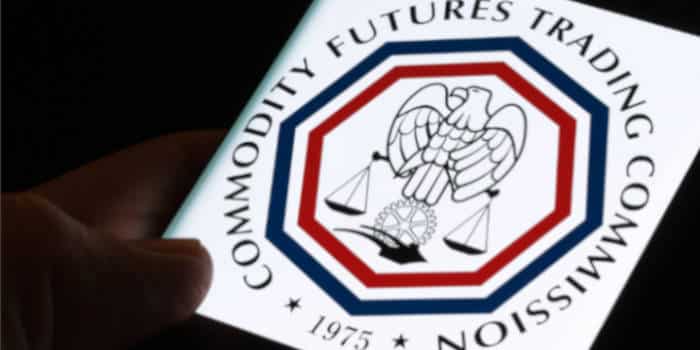- Casino
- By State
- Alabama
- Alaska
- Arizona
- Arkansas
- California
- Colorado
- Connecticut
- Delaware
- Georgia
- Florida
- Hawaii
- Idaho
- Illinois
- Indiana
- Iowa
- Kansas
- Kentucky
- Louisiana
- Maine
- Massachusetts
- Maryland
- Michigan
- Minnesota
- Mississippi
- Missouri
- Montana
- Nebraska
- Nevada
- New Hampshire
- New Jersey
- New Mexico
- New York
- North Carolina
- North Dakota
- Ohio
- Oklahoma
- Oregon
- Pennsylvania
- Rhode Island
- South Carolina
- South Dakota
- Tennessee
- Texas
- Utah
- Vermont
- Virginia
- Washington
- West Virginia
- Wisconsin
- Wyoming
- By State
- Slots
- Poker
- Sports
- Esports
- Home
- Blockchain
- There Is Less Risk of Money Laundering with Privacy Coins, Says a Recent Report
There Is Less Risk of Money Laundering with Privacy Coins, Says a Recent Report

Money laundering with the use of privacy coins presents a small risk, says a recent report by the law firm Perkins Coie. The report outlines that the existing regulations of privacy coins are sufficient enough.
Report by Perkins Coie Suggests That Privacy Coins Have Lower Risk of Money Laundering
A new report released on Tuesday suggests that there is less risk of money laundering when using privacy coins in comparison to other cryptocurrencies. This week Tuesday, the U.S. law firm Perkins Coie released its “Anti-Money Laundering Regulation of Privacy-Enabling Cryptocurrencies” report. The report suggests that the current regulations towards privacy coins worldwide are sufficient and are safeguarding the currency from money laundering. This includes the following privacy coins:
- Monero
- Dash
- Grin
- Zcash
According to the report, the privacy coins provide public benefits, which “substantially outweigh their risks”. Furthermore, the existing anti-money laundering regulations are sufficient to cover those risks, said the report. The result of this is a framework that is proven to be fighting against both money laundering and crime. Perkins Coie’s report drew a comparison between the use of privacy coins and Bitcoin (BTC) over the dark web. The report outlined that the addresses mentioning privacy coins such as Dash (DASH), Monero (XMR), and Zcash (ZEC) over the darknet combined were 0.3%. In contrast, the dark web addresses mentioning Bitcoin were more than 90%.
Privacy Coins Are Sufficiently Regulated
In conclusion, the report outlines that there is an absence of evidence that current AML regulations cannot adequately address the risks posed by privacy coins. Furthermore, the report outlines that currently there is no need to introduce additional AML requirements targeting specifically privacy coins.
“…the critical takeaway here is that privacy coins do not pose an inherent AML risk that is uniquely or unmanageably high,”
outlines the paper
Speaking of privacy coins, we cannot miss mentioning the plan of the Internal Revenue Service (IRS) to develop a new solution that tracks Monero and other private accounts. The agency shared its intent to spend approximately $1 million on solutions for this year alone. Up to $500,000 will be paid to anyone who creates a solution that meets the IRS requirements. An additional $125,000 will be paid for 120 days of testing and deployment of the solution.
Related Topics:
Jerome brings a wealth of journalistic experience within the iGaming sector. His interest in the industry began after graduating from college, where he regularly participated in local poker tournaments. This exposure led him to the growing popularity of online poker and casino rooms. Jerome now channels all the knowledge he's accrued to fuel his passion for journalism, providing our team with the latest scoops online.
Previous Article

Blockchain
September 16, 2020
Rocket League’s New Season Turns the Game F2P on Sep 23

Next Article


Blockchain
September 16, 2020
Gambler Sues BetEasy over Unpaid Winnings of Some AU$1.2M
Must Read
Blockchain
May 27, 2025
Kalshi Expands Crypto Options with Solana
More Articles






Blockchain
May 27, 2025
Kalshi Expands Crypto Options with Solana

Industry
April 29, 2025
AUSTRAC to Axe Inactive Digital Currency Exchange Firms

Blockchain
April 16, 2025
Crypto Gaming Struggles to Onboard New Users

Business
March 31, 2025
Group Partouche to Sell Former Cannes Casino Site

Industry
March 17, 2025
Vietnamese Siblings Arrested in Massive Gambling Ring








